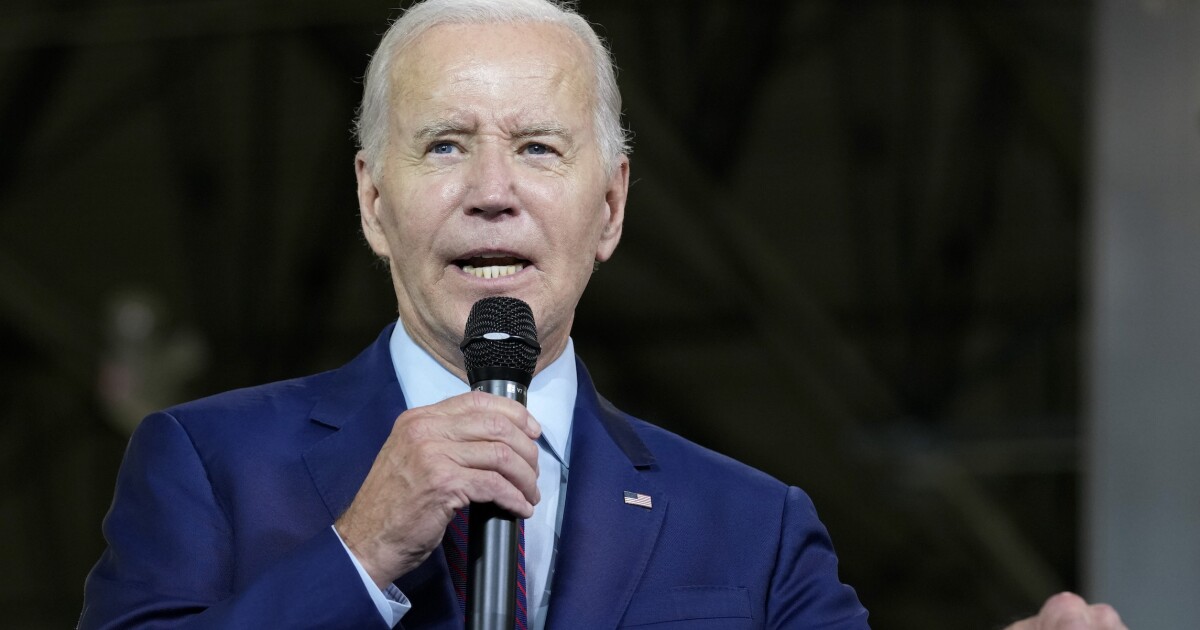

The White House gloated Tuesday night at the failure of a controversial measure in Ohio to amend the state constitution, an outcome seen as a big loss for anti-abortion advocates in the Buckeye State.
A yes vote on Issue 1 in Ohio would have increased the difficulty of amending the state constitution to require a 60% majority vote. By keeping a simple majority, it will be easier for an abortion rights constitutional amendment on the ballot this November to gain approval.
ISSUE 1: EVERYTHING YOU NEED TO KNOW ABOUT OHIO’S CONSTITUTIONAL AMENDMENT BALLOT MEASURE
“Today, Ohio voters rejected an effort by Republican lawmakers and special interests to change the state’s constitutional amendment process,” the White House said in a statement.
“This measure was a blatant attempt to weaken voters’ voices and further erode the freedom of women to make their own health care decisions,” it added. “Ohioans spoke loud and clear, and tonight democracy won.”
Many eyes across the country watched closely as more than 3 million Ohioans flocked to the polls, with the vote having major implications for the state’s abortion rights, perhaps subsequently influencing other states as well.
The result was a resounding defeat for anti-abortion advocates such as Ohio Republican Attorney General Frank LaRose, who is running for Ohio’s open Senate seat next year and has been a face of Issue 1. The no vote came out on top 56.96% to 43.04%.
Abortion is currently legal in Ohio up to 22 weeks of gestation. A six-week abortion ban signed by Gov. Mike DeWine (R-OH) in 2019 was put on hold in December.
Anti-abortion advocates still have an opportunity to thwart the proposed abortion amendment via a recent lawsuit filed by two state-level GOP political leaders. The lawsuit claims that the amendment violates requirements because it does not clarify what current state laws the change would invalidate if passed by referendum.
CLICK HERE TO READ MORE FROM THE WASHINGTON EXAMINER
The White House has been consistently vocal in its pro-abortion stance, condemning the overturning of Roe v. Wade last year, defending the Pentagon’s policy of reimbursing travel expenses for women servicemembers who need to travel out of state to obtain a legal abortion, and capitalizing on Republican differences on the subject.
Abortion is expected to be one of the key topics in the 2024 elections, with President Joe Biden and Congress Democrats in swing districts confident that their messaging of abortion access will be one of the main factors in spearheading them to success. Republicans, on the other hand, have taken different approaches to handling the important issue.






